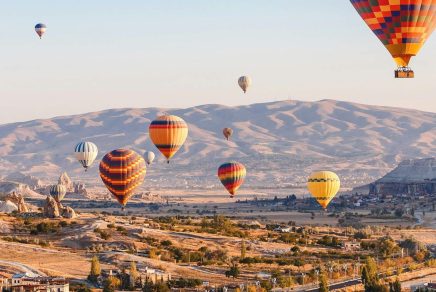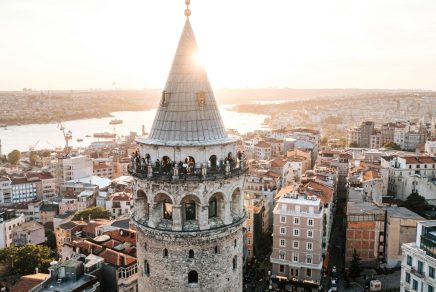Having had the supreme pleasure of calling Istanbul home for several years in the not so distant past, and having travelled to nearly 100 countries, it’s undeniable to me that Istanbul is one of the world’s greatest cities.
It has an energy unlike any other city on the planet, and reminds me of a one-of-a-kind car that simply can’t remember what it’s like to not drive at full speed. That makes it a joy to explore, as there are memories to be had (and photographs to be snapped) at every turn… But it also means that, when visiting, it’s worth having a clear gamepan in mind. My best advice is you want to be able to tap into that energy—not be toppled by it.
There are many details, in retrospect, that I wish I knew and understood before visiting (and living there). These Istanbul tips are all about sharing that wealth of knowledge, so that you’re well equipped to truly appreciate the magic of the city for the first time.
Do Canadians need a visa for Turkey?
You’re in luck, because when I lived in Istanbul, Canadians needed to pay a small fee for a visa on arrival. But as of 2024, Türkiye no longer requires Canadians to have a visa for visits up to 90 days long within a 180-day period. This means if you’re visiting for a short period—especially for stopovers, week-long, or multi-week trips—you can enjoy the country visa-free.
If you don’t hold a Canadian passport, you’ll want to double-check your nation’s visa requirements before booking your trip.
My guide on where to stay in Istanbul to get the most of your visit
Where you choose to stay depends on if this is your first visit and the pace you’re looking for. Here are the areas I recommend and what gives each neighborhood its own special pulse in the city.
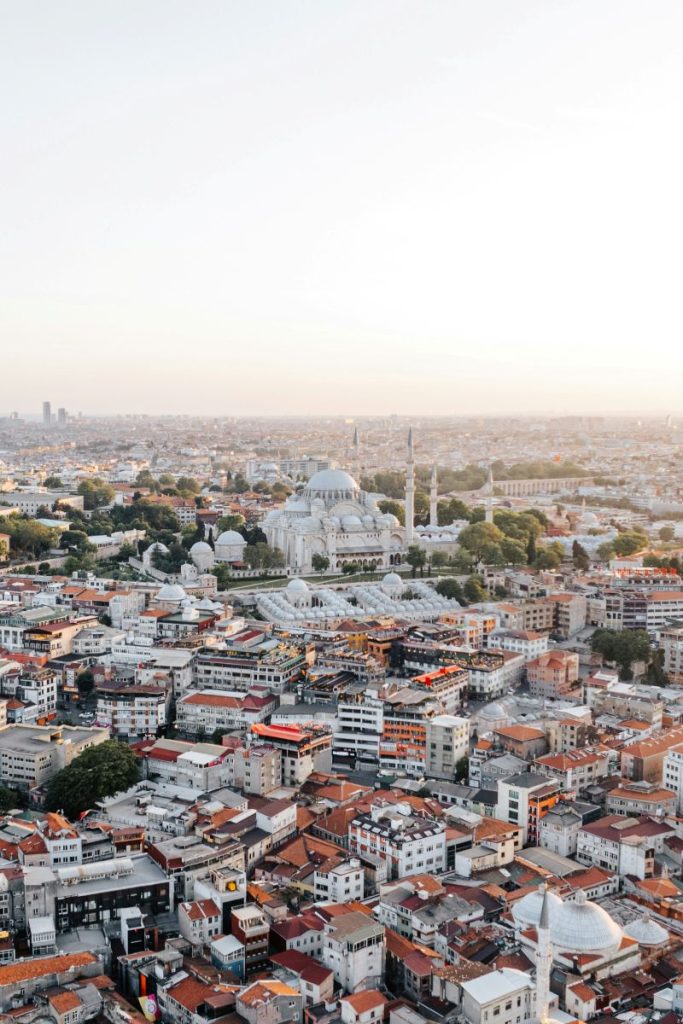
- Sultanahmet: This is by far the most common area of the city to stay in, and where most tourists center themselves. If you are a history buff or short on time, you will find an excellent base here, as you’ll be close to major sites like the Hagia Sophia, the Basilica Cistern, the Blue Mosque, Topkapı Palace, and the Grand Bazaar. Remember that this is the most touristy area of the city, though; restaurants tend to be a bit pricey, and nightlife is much less prevalent.
- Beyoğlu: Beyoğlu is my preferred place to stay. Staying in Beyoğlu helps you understand Istanbul in its full form—it’s still popular with tourists but also home to many locals. Generally speaking, staying anywhere near the Galata Tower is a good idea, as you’ll be close to Istikal Avenue, bars, and music venues. You also won’t be far from Nevizade, one of my favourite dining streets for a traditional meyhane dinner. The Karaköy district, in particular, is a favorite of mine, with many accommodations that offer beautiful views of the Golden Horn and easy access to the Galata Bridge.
- Kadıköy: Think of Kadıköy as the hip, local, and bohemian sibling. It’s a bit more budget-friendly and located on Istanbul’s Asian side. The neighborhood is a stronghold for local restaurants, and the ferry ride across to the European side offers beautiful views of the Golden Horn. However, note that you’ll need at least one ferry ride to reach the major tourist places, so this requires some planning.
What are the cultural do’s and don’ts in Istanbul and Turkey for first timers?
Time and schedules
When you arrive in Turkey, you’ll be on “Turkish time.” Nothing will happen as quickly or precisely as you may want, but that’s the point.
It would be a mistake to rush a meal, for example. If you’re going out for dinner at a meze restaurant for the first time (small plates, and a variety of dishes), you’ll start with cold meze, then hot, then perhaps some dessert and rakı or Turkish coffee. Restaurant owners and servers won’t be checking in on your table often, since they aren’t expecting you to be eating quickly. Embrace that timeframe and the inherent hospitality that comes with it.
Stray animals
In Istanbul, in particular, you’ll likely encounter a lot of stray dogs and cats. They say the cats hail back to the era of ship travel during the Ottoman Empire, where they would often jump off their docked ships to find a new home in areas like Karaköy. The cats are beautiful, friendly, and well-respected.
And we may have had a kitten show up on our doorstep one day, adopted him, and brought him back to Canada with us.
Dogs, sadly, are less well taken care of. Do not hesitate to show them a little love, as long as you wash your hands before your next meal. All street animals will appreciate dining on some of your leftovers if you can’t finish a meal.

Religious and cultural considerations
It’s important to know that while Turkey is a secular nation, it is also a predominantly Islamic country. Istanbul, along with cities like Izmir, is considerably more secular, which is why you can easily find rakı, Turkey’s most famous liquor. In more conservative areas of the country, however, female travelers are expected to wear head coverings when visiting religious sites. You’ll also hear the call to prayer across the nation five times a day. The sound is especially beautiful in Istanbul, where the symphony of speakers from the minarets echoes across the city, particularly near the Bosphorus.
How do I get around Istanbul as a visitor?
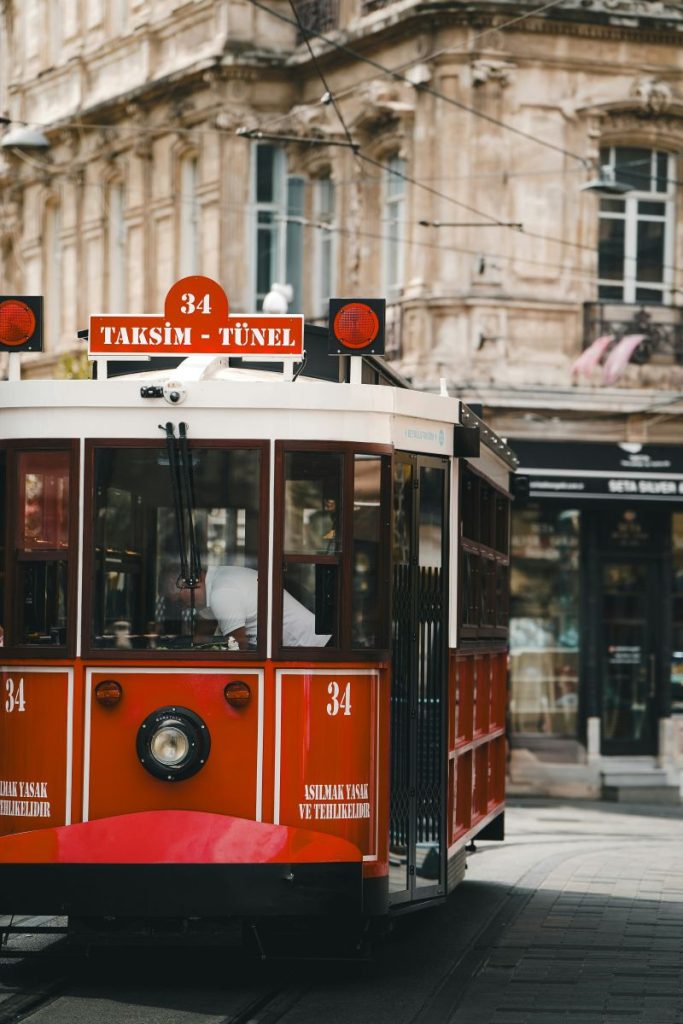
There’s so much to see in Istanbul, and getting around is key. The golden rule? Avoid rush hour traffic at all costs.
- Metro: The metro isn’t incredible, but it’s very competent, and can allow you to avoid time above ground on the roads. It can be busy, but it’s quite comfortable and safe.
- Ferry: The ferry system, which has been widely expanded in recent years, is also an efficient and scenic way to get around. Views of the Bosphorus are an added bonus! For example, a ferry from Beşiktaş to Eminönü can save you a great deal of time if there’s traffic.
- Tram: Similarly, you can hop on a tram near Karaköy and take that all the way up to the foot of the Blue Mosque and Hagia Sofia.
- Walk: If you love walking, you can explore entire neighborhoods on foot and avoid public transportation altogether. Starting in an area Beşiktaş, for example, then walking up through Ortaköy, Arnavutköy, and onwards to Bebek, can be an ideal day unto itself.
A word on using taxis in Istanbul
Taxis can be, shall we say, difficult. I used an app like BiTaksi (as well as Uber) to ensure a locked-in price, and you’ll want to, as taxis in Istanbul are notorious for overcharging tourists. At the very least, if you’re hailing a taxi, check an app like BiTaksi to see what the ride should cost before you get in.
For this, my best Istanbul travel tip is to learn basic Turkish phrases. Start with hello (merhaba) and tell the driver your destination (“Sultanahmet’e gidiyorum”). They may respond in Turkish, but you can simply say thanks (teşekkürler) and be on your way.
Lastly, I’d recommend having an internet connection and Google Translate on hand in a taxi in case you need to navigate any back-and-forth communication.
What should I know about money before traveling to Istanbul?
Is it better to use cash or card?
For cash, you can withdraw from reputable banks like Akbank without much issue, but always double-check with your home bank for any fees. If you exchange money, I’d recommend doing that in the Taksim area where you’ll find better rates and no commission, unlike the more touristy Sultanahmet neighborhood.
I got by perfectly with my Wise card, which let me easily convert my Canadian dollars to Turkish lira. Mastercard and Visa are accepted widely, but AMEX is not as much.
While credit cards are widely accepted, you’ll still want to have some cash with you, especially if you’re travelling outside of Istanbul. Many vendors and restaurants actually prefer it.
Negotiating prices
In shops with unmarked prices (not big-box stores or grocery stores), haggling is a sport unto itself, especially in the Grand Bazaar, Spice Market or any of the markets in Istanbul. If you’re looking for a Turkish rug, for example, expect them to start high, then work your way down to a price you’re more comfortable with. Have a tea with the shop owner if you’d like, and embrace the experience as part of your cultural immersion with the city and nation. Have a price in mind, visit 5 or so shops to get a feel for pricing, and then you can make your choice.
I want to point out something here, and perhaps the most important Istanbul tip I have for you. The Turkish Lira has been in steady decline for the past decade, and the cost of living is becoming more challenging for locals to sustain. Consequently, always be courteous and considerate when it comes to negotiating prices.
Remember that if it’s something you can afford as a tourist, you should never seek to give shop owners a hard time as a means of entertainment, or for something you don’t intend to buy.
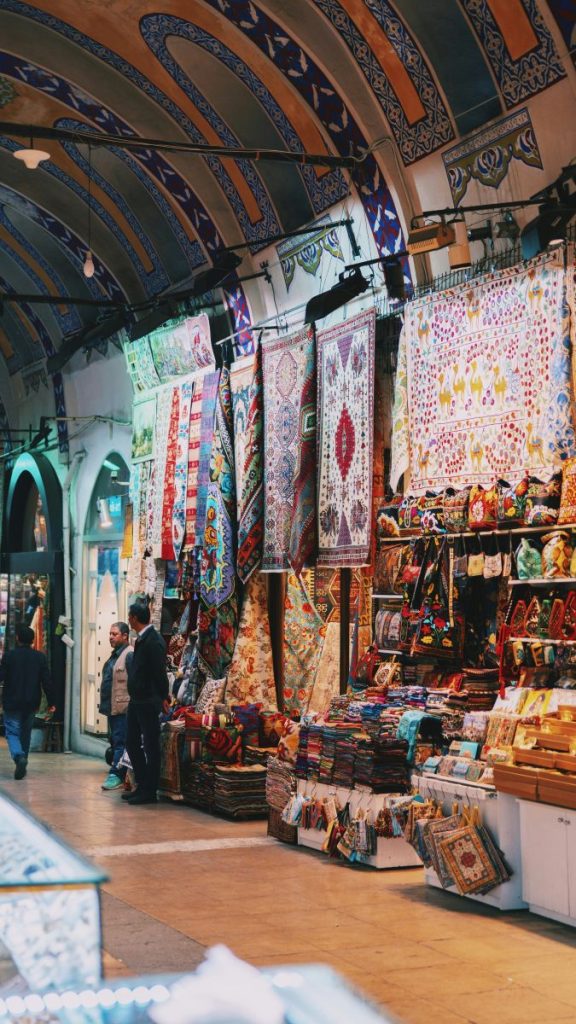
Tipping in Turkey
Tipping is not as stringent in Turkey as it is in North America. 10% at a local restaurant, and 15% at a more upscale establishment is happily accepted for good service. Note that many card machines don’t have a tip option, so this is why having some cash with you can come in handy.
You want to tip servers, tour guides or anything else related to the service industry. However, tipping in taxis isn’t expected.
Is Istanbul and Turkey safe for travellers?
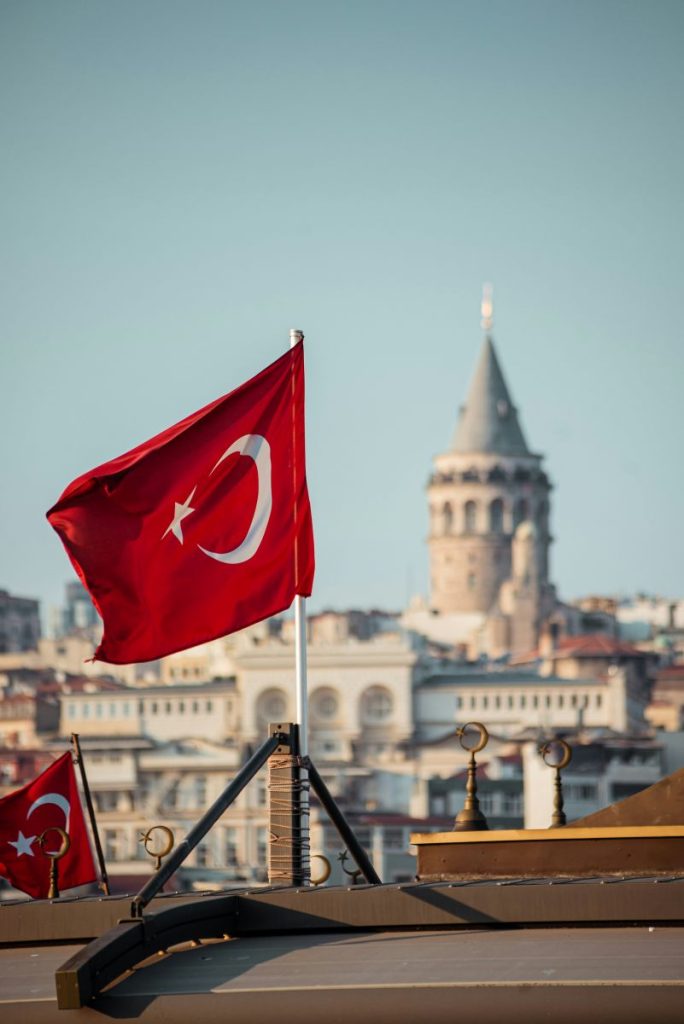
Istanbul, and Turkey at large, are generally quite safe to visit. I do want to acknowledge that, while I never felt unsafe during my time there, I did hear from friends who experienced unwanted attention as solo women residents or travellers, so do be mindful of that.
Finally, across Turkey, you should drink bottled water. You can find it readily available at shops, grocery stores, and accommodation options throughout the city.
